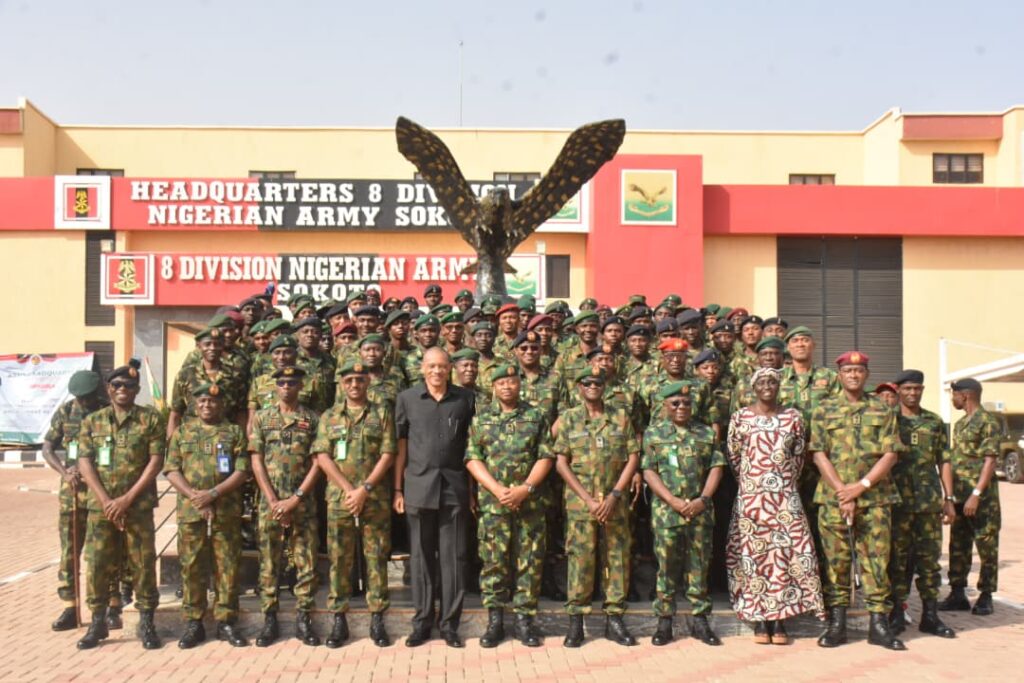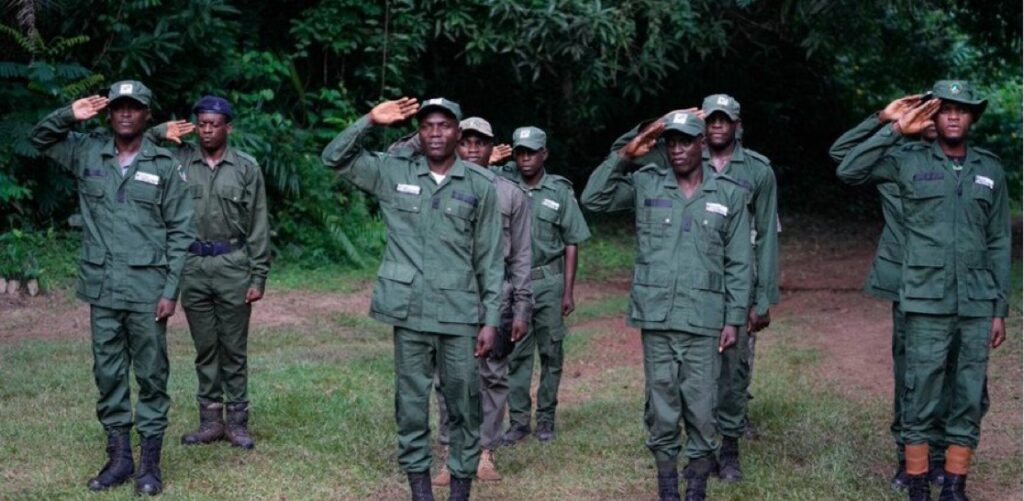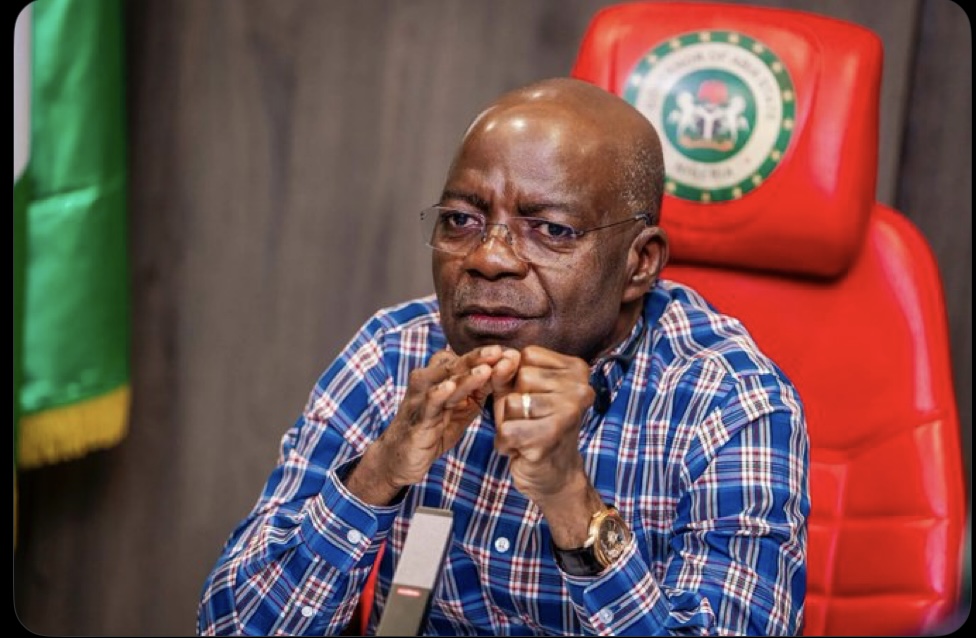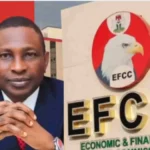A Lifetime of Duty: Buhari and the Struggle to Redefine Nigerian Leadership
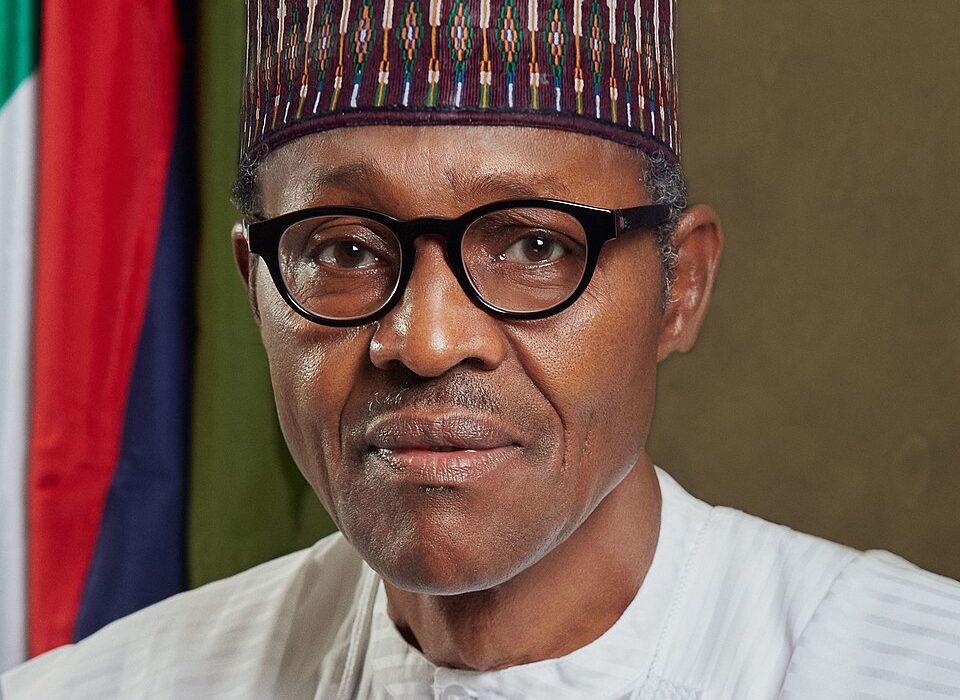
Muhammadu Buhari, a towering figure in Nigeria’s political and military history whose leadership reflected the nation’s enduring struggle between strong-handed governance and democratic ideals, has died at the age of 82.
The former president passed away in a private clinic in London following a brief illness, marking the end of an era in Nigerian public life that spanned more than five decades across barracks, ballots, and backroom negotiations
Buhari’s journey from the dusty plains of Daura to the commanding heights of Nigerian power was defined by a stern sense of duty, an unwavering belief in order, and a leadership style that courted admiration and resentment in equal measure.
From Soldier to Statesman
Born on December 17, 1942, in Daura, present-day Katsina State, Muhammadu Buhari enlisted in the Nigerian Army at 19. His military career accelerated during a time of national upheaval. He served in the Nigerian Civil War (1967–1970), an experience that would deeply shape his nationalist outlook and rigid commitment to unity.
By his mid-30s, Buhari had assumed several top military posts. He was appointed Military Governor of the then North-Eastern State in 1975 and later became the Federal Commissioner (Minister) for Petroleum and Natural Resources under General Olusegun Obasanjo During that time, he also became the first chairman of the newly created Nigerian National Petroleum Corporation (NNPC), overseeing the country’s oil interests during a turbulent era.
The Coup and Its Consequences
On December 31, 1983, following what was widely perceived as a breakdown of governance and rampant corruption, Buhari led a military coup that ousted the democratically elected government of President Shehu Shagari
As Head of State, Major-General Buhari launched the infamous “War Against Indiscipline” (WAI), a policy campaign aimed at restoring civic order, cracking down on corruption, and imposing fiscal discipline. While some Nigerians welcomed the initiative as a long-overdue moral reset, others condemned the regime for its authoritarian excesses including mass arrests, media censorship, and human rights abuses.
His rule was abruptly cut short in August 1985 when he was overthrown by his chief of army staff, General Ibrahim Babangida. Buhari would spend the next three years in detention an irony not lost on critics who remembered the very tactics he had employed against civilians and politicians.
Civilian Return and Democratic Persistence
After years of relative obscurity, Buhari reemerged in public life during the 1990s, this time as head of the Petroleum Trust Fund (PTF) under General Sani Abacha. Under his supervision, the PTF embarked on major infrastructure investments, particularly in education, health, and road rehabilitation earning him renewed praise as a disciplined technocrat.
With the return to democratic rule in 1999, Buhari set his sights on civilian leadership. Between 2003 and 2011, he ran unsuccessfully for president three times, evolving from a stern military relic into a civilian contender increasingly aware of the power of mass appeal.
His persistence paid off in 2015 when, as the candidate of the newly formed All Progressives Congress (APC), he defeated incumbent President Goodluck Jonathan marking Nigeria’s first democratic transfer of power from a sitting president to an opposition candidate.
A Polarising Presidency
Buhari assumed office on May 29, 2015, pledging to fight corruption, tackle Boko Haram insurgency, and revive a fragile economy. His early years were marked by a frenzied anti-corruption drive and increased investment in agriculture and infrastructure.
Major projects such as rail revitalization, road expansion, and social investment programs became focal points of his administration. Internationally, he positioned Nigeria as a committed regional player in security cooperation, especially across the Lake Chad Basin.
Yet, his presidency was also beset with criticism. Prolonged medical absences in the United Kingdom stirred speculation and unease, often shrouded in secrecy. His slow response to national emergencies ranging from mass abductions and farmer-herder conflicts to the #EndSARS protests against police brutality deepened public frustration. Critics labeled his leadership as detached and overly centralized, while defenders praised his calm, methodical approach in contrast to Nigeria’s often frenetic politics.
His reelection in 2019 reaffirmed his political resilience, but also signaled the entrenchment of a divided national opinion about his leadership.
Exit, Reflection, and Enduring Legacy
Buhari handed over to his successor, President Bola Ahmed Tinubu, on May 29, 2023, closing a chapter in Nigerian leadership defined by a rare combination of military steel and civilian restraint. Retiring to Daura, he embraced a quieter life centered around farming and family, making occasional appearances and receiving local and international guests.
In death, as in life, Buhari’s legacy remains contested. To some, he was a principled patriot who sought to clean Nigeria’s political house. To others, he was a symbol of rigidity and missed opportunities a leader who failed to evolve fully into the democratic moment his people demanded.
Nonetheless, his imprint on Nigeria’s political fabric is indelible.
Final Salute
Buhari is survived by his wife, Aisha Buhari, and several children. The federal government is expected to announce burial arrangements in consultation with his family. National flags have been lowered to half-mast as dignitaries, former heads of state, and international partners offer their condolences.
His famous words at his 2015 inauguration “I belong to everybody, and I belong to nobody” may well serve as both a reflection of his solitary leadership and the enigma he leaves behind.


